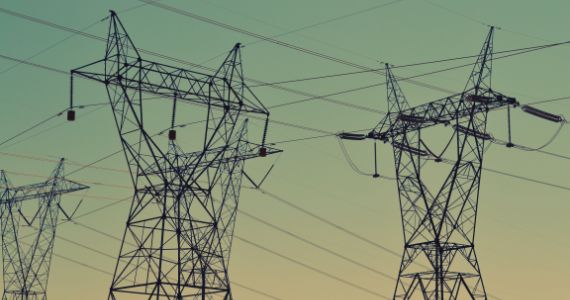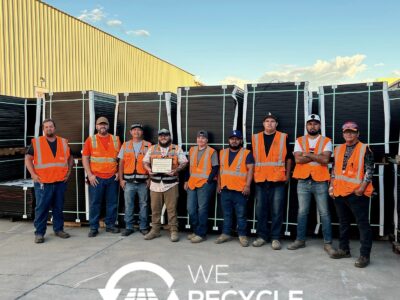Big corporations are strategizing on how to work toward net-zero emissions. Numerous new groups and initiatives, including the Zero Emissions Reliability Optimized Grid Initiative, the Emissions First Partnership, and the Clean Energy Buyers Association, are helping companies meet and expand their clean energy goals.
These groups are designed to help companies move forward on a myriad of eco-friendly roads, including investments in clean energy installations, offsets, and carbon-impact reduction. Corporations have buying power, meaning they have a big impact on the nation’s use of and transition towards clean energy.
Businesses such as General Motors (GM), Meta, Google, Microsoft, and others are putting renewable energy and decarbonization at the top of their business plans. In fact, large companies have become the biggest buyers of electricity from new clean energy installations in the United States. They are expected to spend in the hundreds of billions of dollars on low-carbon energy in the next 10 years alone.
Globally, corporations have procured nearly 150 gigawatts of clean energy through power purchase agreements over the past 15 years, half of that in America. The nitty-gritty of the details has become crucial for companies like Google, who are digging into the exact time and location of the production of the clean energy they have procured.

Photo Courtesy Clean Energy Buyers Association
These lofty sustainability goals are more easily met with teamwork. Meta, which has procured enough renewable energy to meet all its corporate electric needs moving forward, is a founding member of Emissions First, a partnership of companies that have all pledged to maximize carbon reduction via energy investments.
Similarly, the Zero Emissions, Reliability Optimized Grid Initiative hopes to expand the corporate clean energy playbook. Launched in July 2023, the “Zerogrid” is a collaboration between companies including Walmart, Salesforce, Meta, and GM, and the nonprofit think tank RMI.
The initiative’s goal is to build a framework to move toward a zero-emissions electric grid more rapidly.

Photo Courtesy Clean Energy Buyers Association
“But we know it’s not fast enough, and it’s not the extent of what companies can and should be doing,” Mark Dyson, managing director of the Carbon-Free Electricity Program at RMI, said to “Canary Media.” “[Corporate clean energy strategies are] no longer just about checking a box on … sustainability reports — it’s about the ability to operate reliably on the grid.”
RMI is also the driving force behind the Clean Energy Buyers Association and the Business Renewables Center (BRC). The Clean Energy Buyers Association is a 350-member corporate and nonprofit group that lobbies for lawmakers and regulators to institute policies to expand the transmission grid. Since its founding in 2015, the association has been responsible for nine out of 10 American clean energy transactions.

Photo Courtesy Clean Energy Buyers Association
This green group mentality is creating change. The changes at GM alone show movement toward an undeniably greener future. The auto giant has already secured enough renewables under the standard annual accounting model to zero out the carbon footprint of its American electricity consumption by mid-decade. Much of this success is due to the automaker’s 2021 partnership with grid operator PJM to add carbon-emissions signals into how the company measures its renewable energy impact.
Much of this work is just in the infancy stage. But progress is being made. According to the World Wide Fund for Nature and its 2021 “Power Forward 4.0” report, 60% of Fortune 500 companies have set goals to address climate change and energy use, while 76% of the Fortune 100 have “at least one commitment.”
“The collaborative effort of the BRC will make it easier for corporations to enter the renewables market,” Rob Threlkeld, GM’s manager of renewable energy, said in a statement. “Instead of having hundreds of corporations reinvent the wheel, each member can get immediate access to the cumulative knowledge and wisdom of the industry. Each problem only needs to get solved once.”





